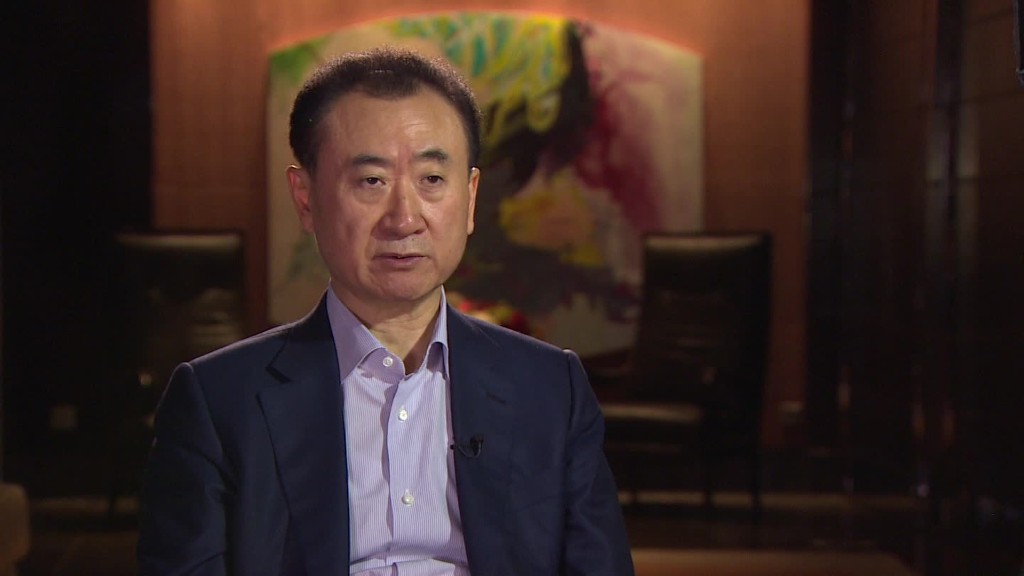
Chinese factories are losing more steam. Manufacturing activity slumped again in February, the latest sign that the world's second-largest economy is continuing to cool down.
The official purchasing managers' index slipped to 49 in February, from 49.4 the previous month, the National Bureau of Statistics said Tuesday. Any number below 50 represents a deceleration in the manufacturing sector.
The reading is the worst since December 2011, according to Kevin Lai, an economist at the investment bank Daiwa Capital Markets.
The difficulties aren't just in traditional industries either. A gauge of China's services sector fell to 52.7 in February, from 53.5 in January.
Lai described the numbers as "decisively poor," suggesting they may have played a role in the Chinese central bank's decision to further ease monetary policy on Monday.
A separate manufacturing survey conducted by Chinese media group Caixin slid to a five-month low of 48 in February, down from 48.4 in January. The index has now been below 50 for a full year.
The official government manufacturing gauge is heavily weighted toward large enterprises, while the private Caixin survey taps a smaller sample size and places greater emphasis on smaller firms.
Related: China plans to cut 1.8 million coal and steel jobs
While economic data out of China around this time of year usually reflects seasonal fluctuations because of a major annual holiday, the weak February manufacturing figures underline concerns over the country's economy.
For years, the Chinese economy was fueled by investment in infrastructure and exports of manufactured goods around the globe. But China is now posting its weakest annual economic growth in 25 years.
Beijing is trying to reconfigure the economy to rely more on Chinese consumers, shifting emphasis to the services sector and away from factory floors.
But it's proving to be an uphill battle. "We have been more skeptical ... and do not think that service growth is anywhere near enough to compensate for the weaknesses in traditional industrial sectors," Lai said.
The slowing growth has dampened China's huge need for commodities, hurting global prices.
Layoffs are also looming in some sectors inside China. The government announced Monday it plans to cut 1.8 million coal and steel jobs, although it didn't announce a time frame.
Related: Beijing expands stimulus to boost economy
Chinese policymakers are facing the tricky task of steering the vast economy through a period of uncertainty. Money has already been pouring out of China in recent months, putting pressure on the country's currency.
On Monday, the Chinese central bank expanded its efforts to stimulate the economy by cutting the amount of cash banks are required to keep on reserve. The hope is that banks will pump more money into the economy.
Stocks in Shanghai closed up 1.7% Tuesday after swinging between slight gains and losses for much of the day.


